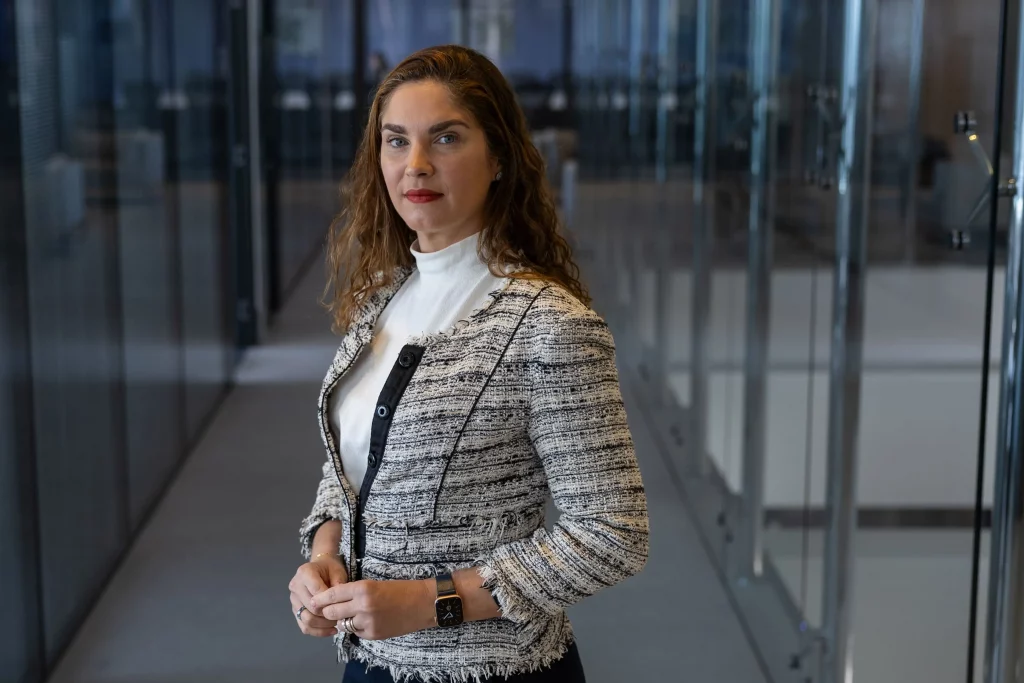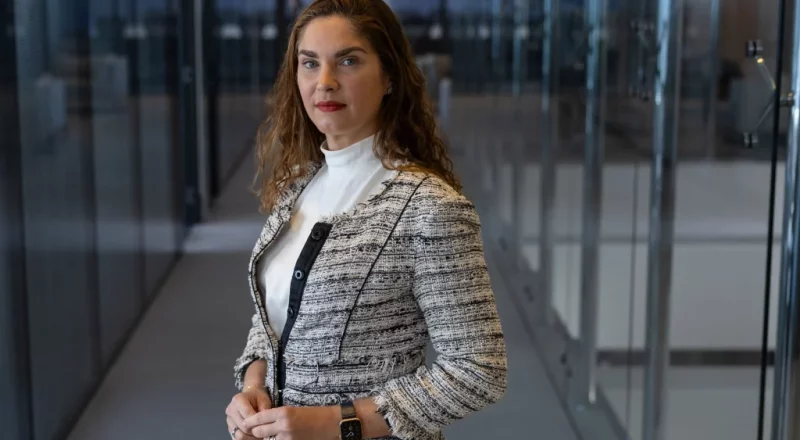The central bank needs to change course and raise interest rates by almost 2 percentage points in the next six months to calm a heated economy and control inflation expectations, said the institution's former director of international affairs, Fernanda Guardado.
Policymakers should start with a quarter-point increase this month and could follow with a half-point increase at meetings in November and December, taking the Selic to 12.25% in March, she said in an interview. The outlook for public spending has worsened, the labor market is tight and growth is picking up, she said.
“For the central bank to opt for a stay of the past, it would have to show very emphatically where it expects the economic slowdown to come from,” said Guardado, 44, who is now head of Latin America research at BNP Paribas. “It’s very difficult to understand where a major economic slowdown would come from if it weren’t from monetary policy,” she added.
READ MORE: GDP in the 2nd quarter surprises with a 1.4% increase and strengthens the bet on higher interest rates
The Central Bank has not given any formal indication of the September meeting. Recently, the president of the monetary authority, Roberto Campos Neto, said that, “if and when” there is an adjustment in interest rates, it will be gradual.
The former director's forecast shows how the monetary policy landscape has changed drastically in recent months. The Central Bank cut interest rates until May, before interrupting the almost year-long easing cycle in June, with the Selic rate at 10.50%.
Second-quarter GDP exceeded expectations, expanding 1.4%, with growth in industry, household spending and services. In contrast, other countries in the region, such as Mexico, Chile and Colombia, recorded limited growth or contraction.
At the same time, the IPCA-15 for August slowed slightly, to 4.35% year-on-year. Economists surveyed by the Central Bank see inflation above the 3% target until 2027.
Fine-tuning interest rates is needed and “may be enough for the central bank to reach its target over the relevant 18-month horizon,” said Guardado, who holds a PhD in economics from the Pontifical Catholic University of Rio de Janeiro. “The central bank has to be comfortable with projecting both 3.2% and 2.8%.”
While at the central bank, Guardado disagreed when the monetary authority began a cycle of easing. She supported a smaller initial cut, thus cementing her reputation as a more hawkish member.
“With the benefit of time, it may have been more prudent to actually start the rate-cutting cycle in a more cautious way,” she said. “The rate cuts may have gone a little bit further than the economy showed it needed.”
She sees inflation ending this year close to 4%, though those estimates are under review. Likewise, while she currently expects the economy to grow 2.4% in 2024, that projection is likely to rise.
READ MORE: BC will make more interventions in the exchange rate, if necessary, says Campos Neto
In May, a split vote by Copom raised investor concerns that the institution could be more lenient on inflation. At the time, four members of the committee appointed by President Luiz Inácio Lula da Silva favored a half-point cut, even as government spending and inflation estimates rose, while the majority led by Campos Neto decided on a 0.25-point reduction. Since then, Copom members have voted unanimously and, in public speeches, have reinforced that there is “cohesion” in economic views.
“I think it’s important that the decision and the signaling be unanimous,” Guardado said. However, she argued that the dissent should not be interpreted as political, since council members should be free to disagree. “It’s important that communication now be simpler, be more direct.”
Last week, Lula appointed the Central Bank's monetary policy director, Gabriel Galípolo, to replace Campos Neto, whose term ends in December. The Senate still needs to approve Galípolo's appointment.
Galípolo “is a very calm and serene person, which is an important characteristic for someone who will be president of the Central Bank,” said Guardado. “His recent statements make it clear that he is determined to do what is necessary to ensure that inflation in Brazil can converge to the target.”

